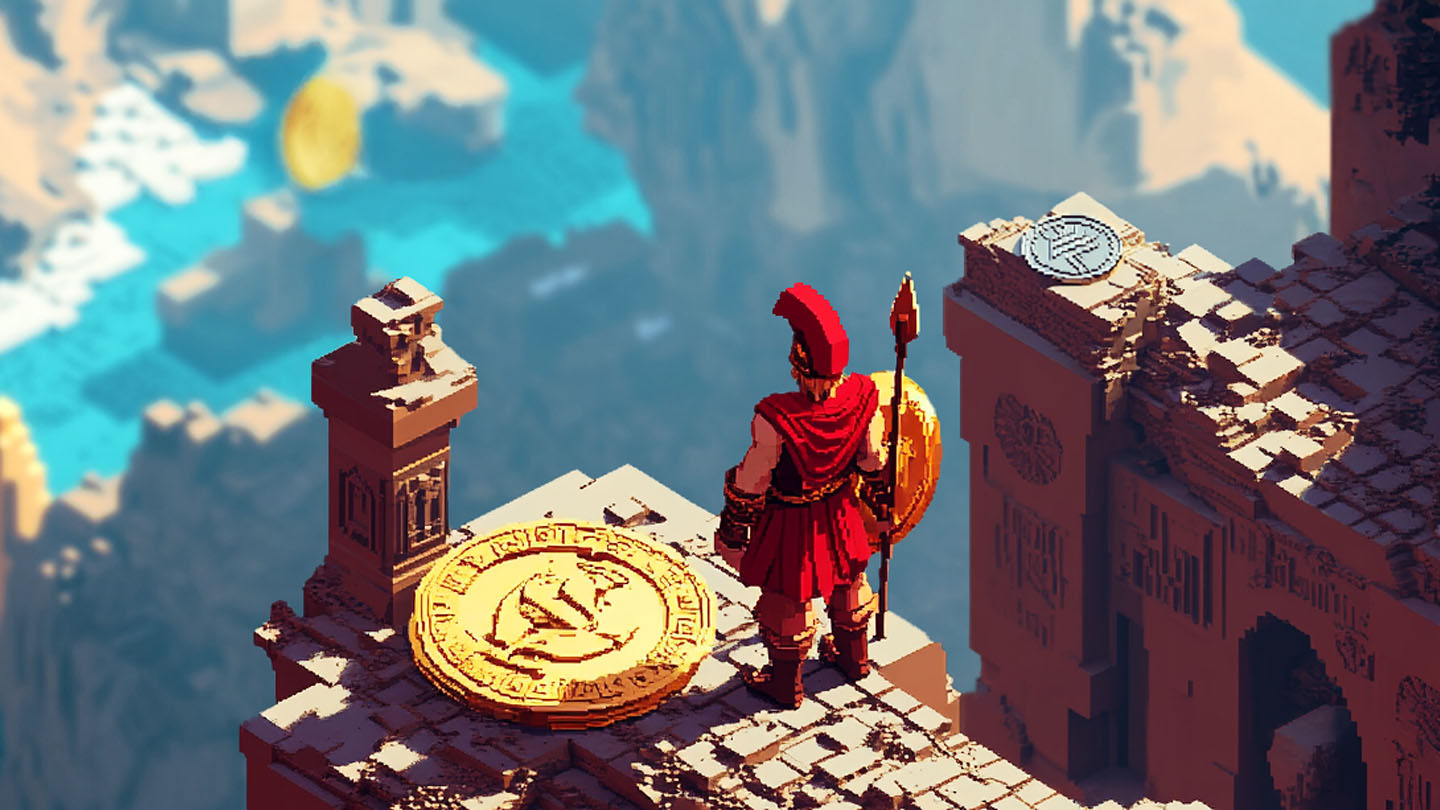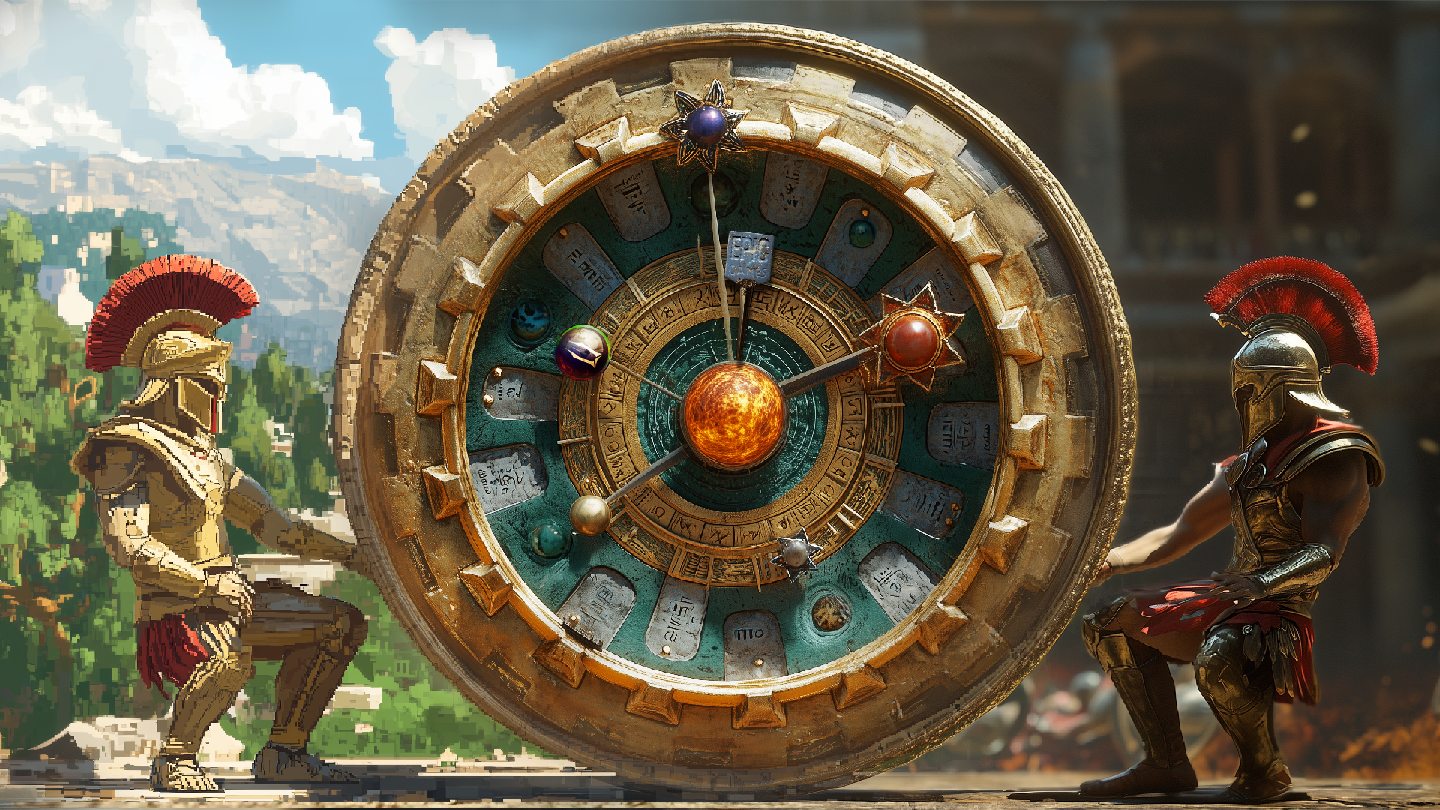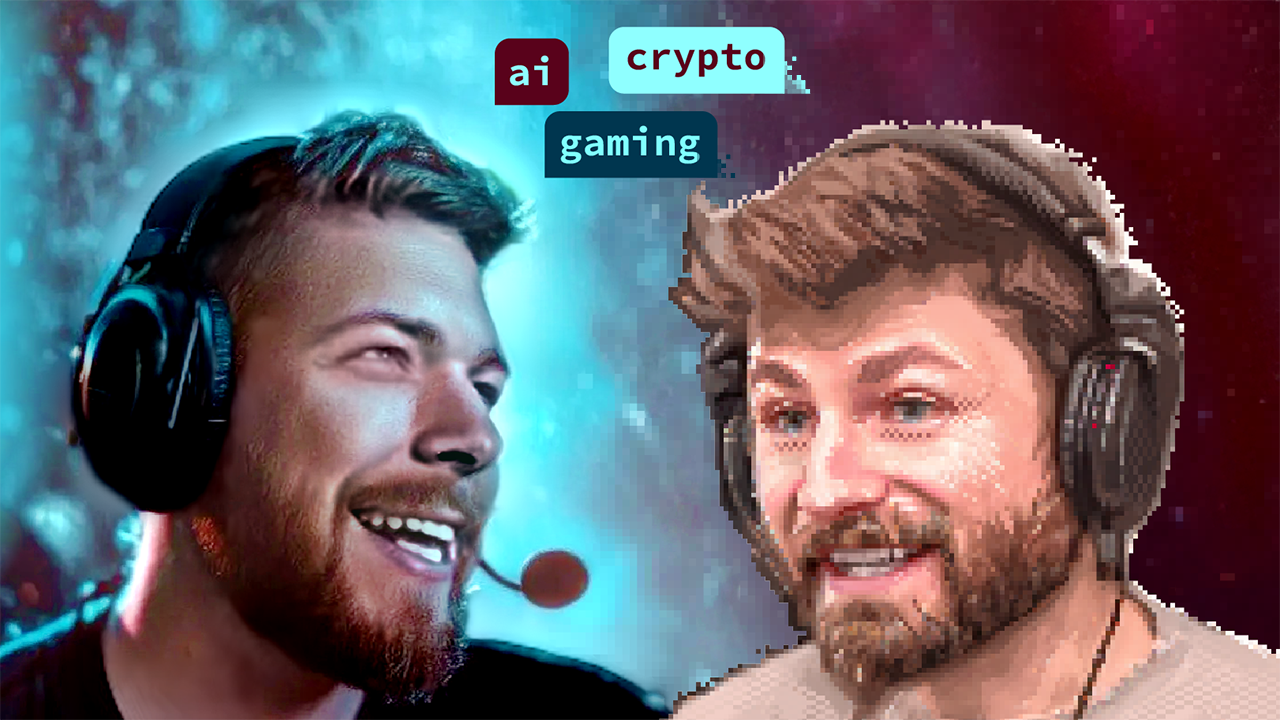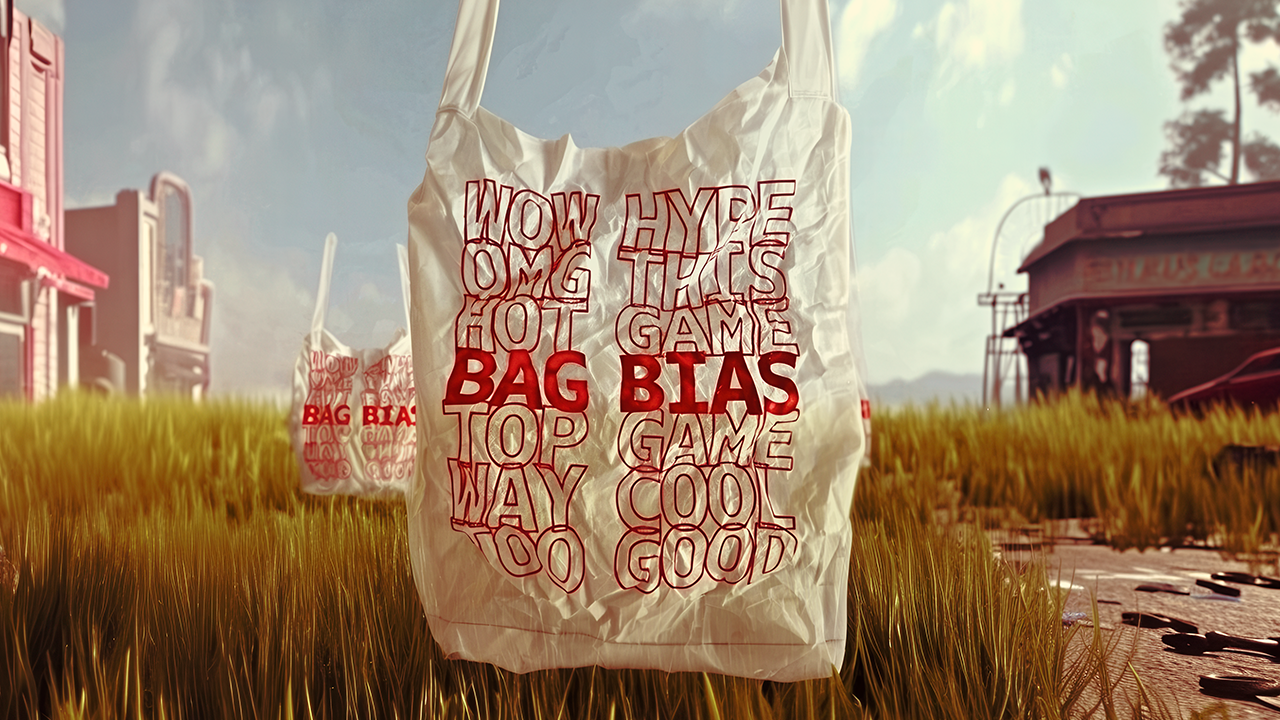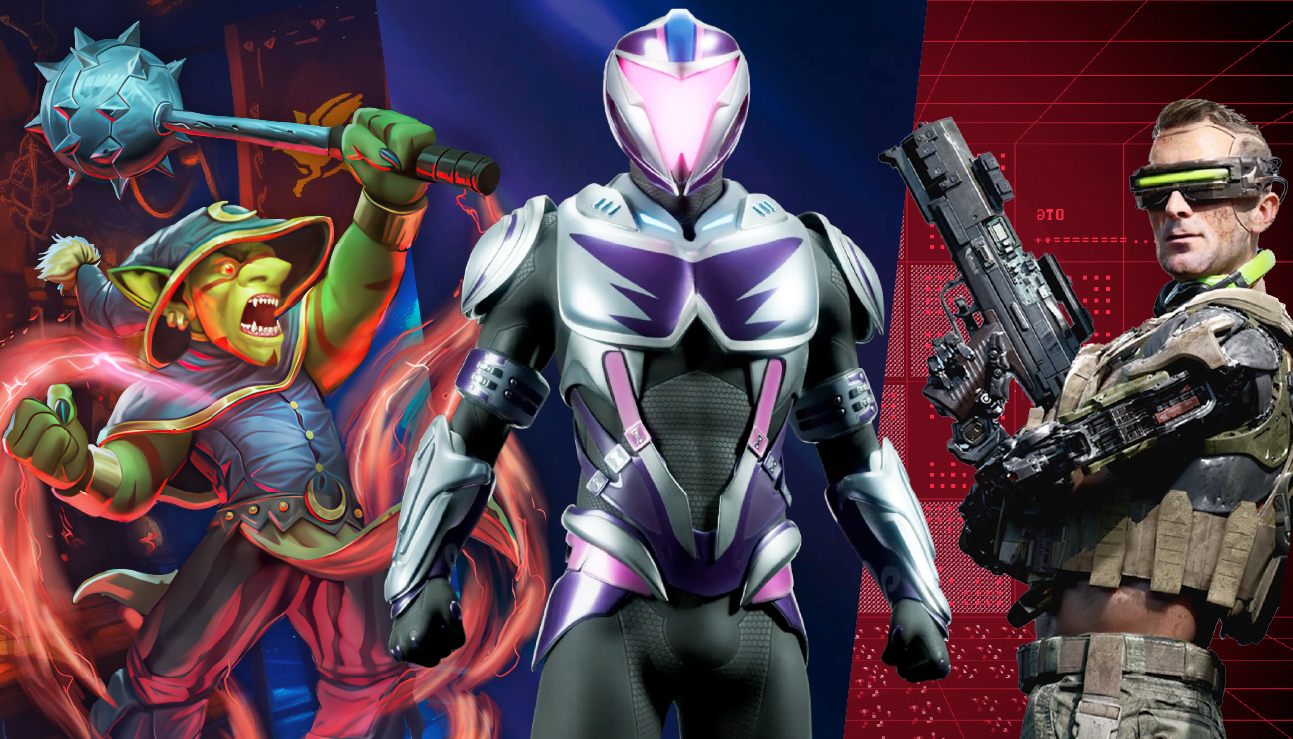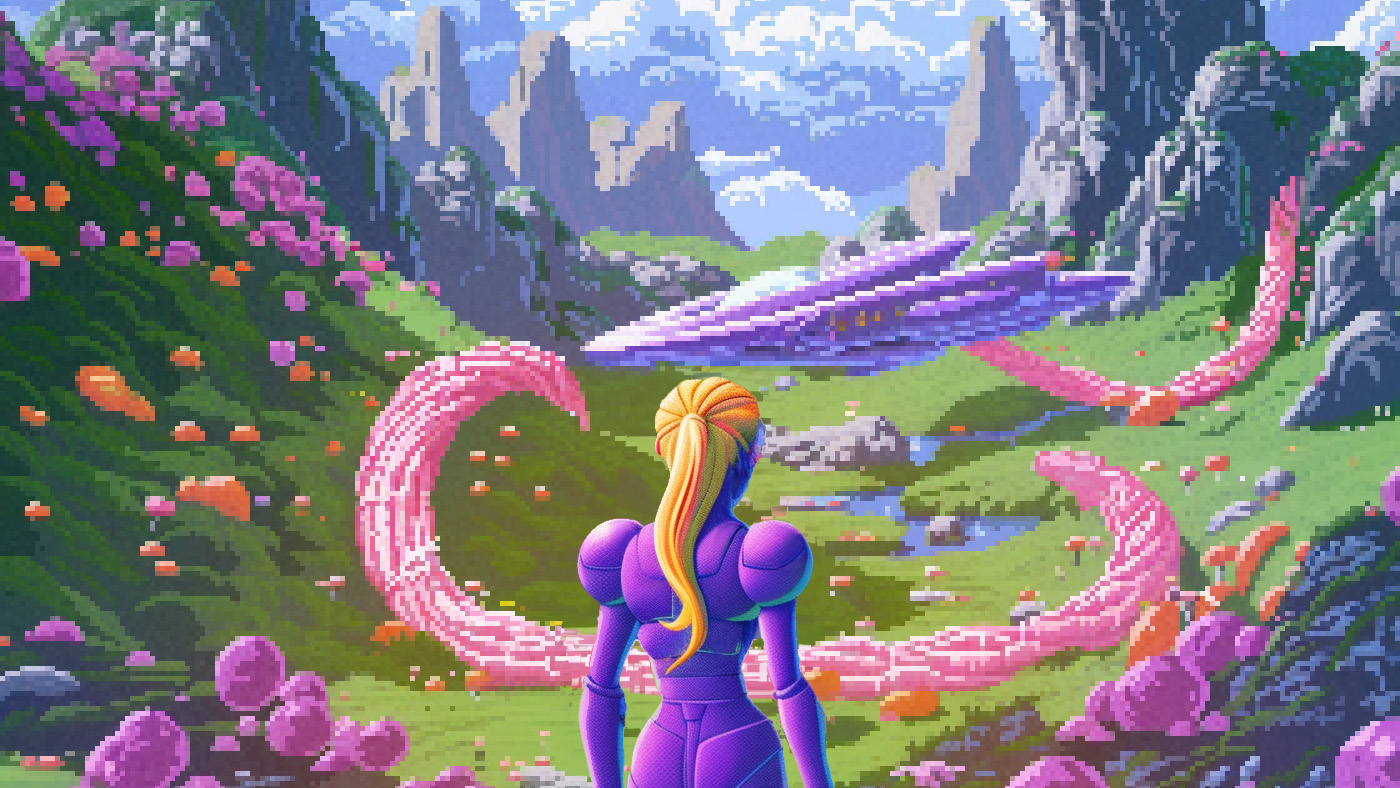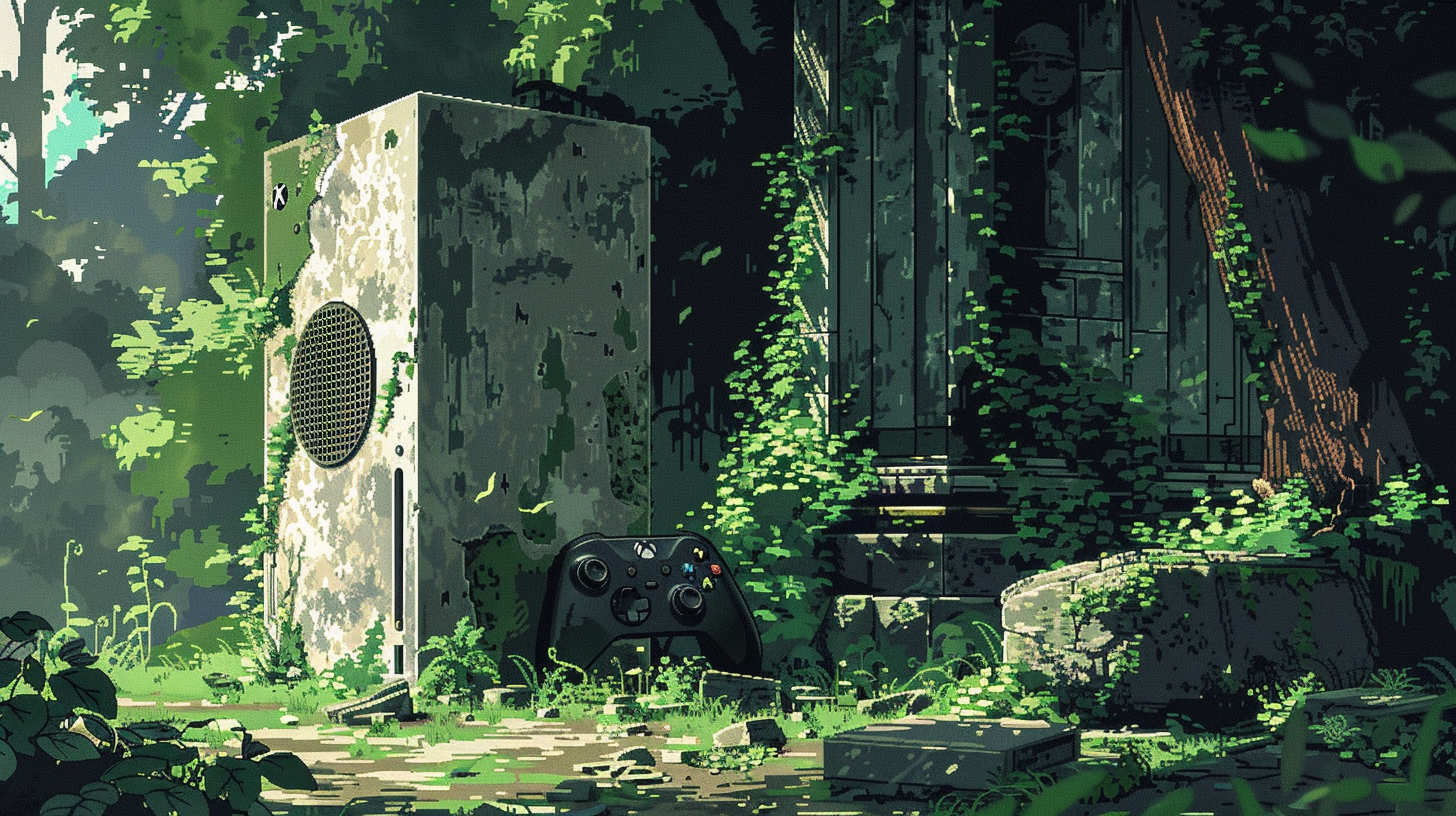Renowned AI academic Geoffrey Hinton has left Google so he can speak more openly about the potential risks posed by the technology he helped develop, The New York Times has reported.
“It is hard to see how you can prevent the bad actors from using [AI] for bad things,” Hinton told the Times.
“Look at how it was five years ago and how it is now,” he said. “Take the difference and propagate it forwards. That’s scary.”
The 75-year-old Briton is regarded as an AI pioneer. His work on neural networks led to the development of the technology that underpins AI products like OpenAI’s popular chatbot ChatGPT and Google’s Bard.
He had been with Google in a part-time capacity for 10 years.
Hinton tweeted that he had not left Google so he could criticize the company about its approach to AI.
“Google has acted very responsibly.”
*Enjoy our reporting?Sign up for the Pharos newsletter and receive an update every week for free
But he is one of numerous researchers, tech insiders and industry leaders to speak out about the risks of AI.
In March, after OpenAI released the latest version of ChatGPT, more than 1000 high-profile technologists, including Steve Wozniak and Elon Musk, released an open letter demanding an “immediate pause” to all AI work because of the “profound risks to society and humanity” posed by the technology.
Later that month, 19 current and former leaders of the Association for the Advancement of Artificial Intelligence also released a letter warning of the potential dangers of AI.
Hinton told the Times he was concerned fake images, videos and information could become so commonplace that the average person would not be able to tell the difference. He is also worried AI could significantly disrupt the job market and replace certain roles entirely.
There is also the future risk any autonomous AI systems, those more intelligent than humans, presents.
“The idea that this stuff could actually get smarter than people — a few people believed that,” he told the Times. “But most people thought it was way off. And I thought it was way off. I thought it was 30 to 50 years or even longer away. Obviously, I no longer think that.”
*Note that the portrait image heading this article is AI-generated, based on Geoffrey Hinton’s likeness (Polemos/MidJourney)



